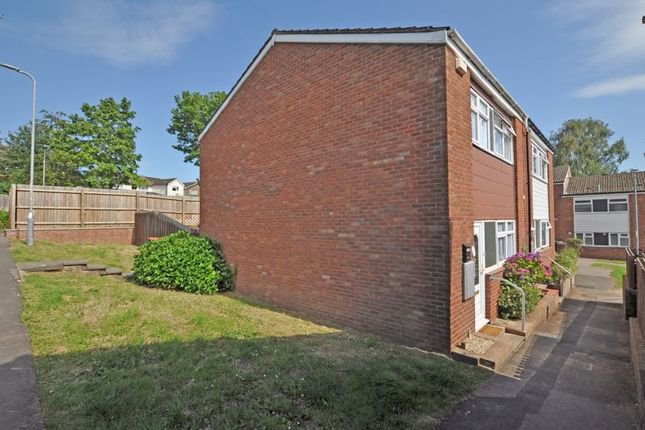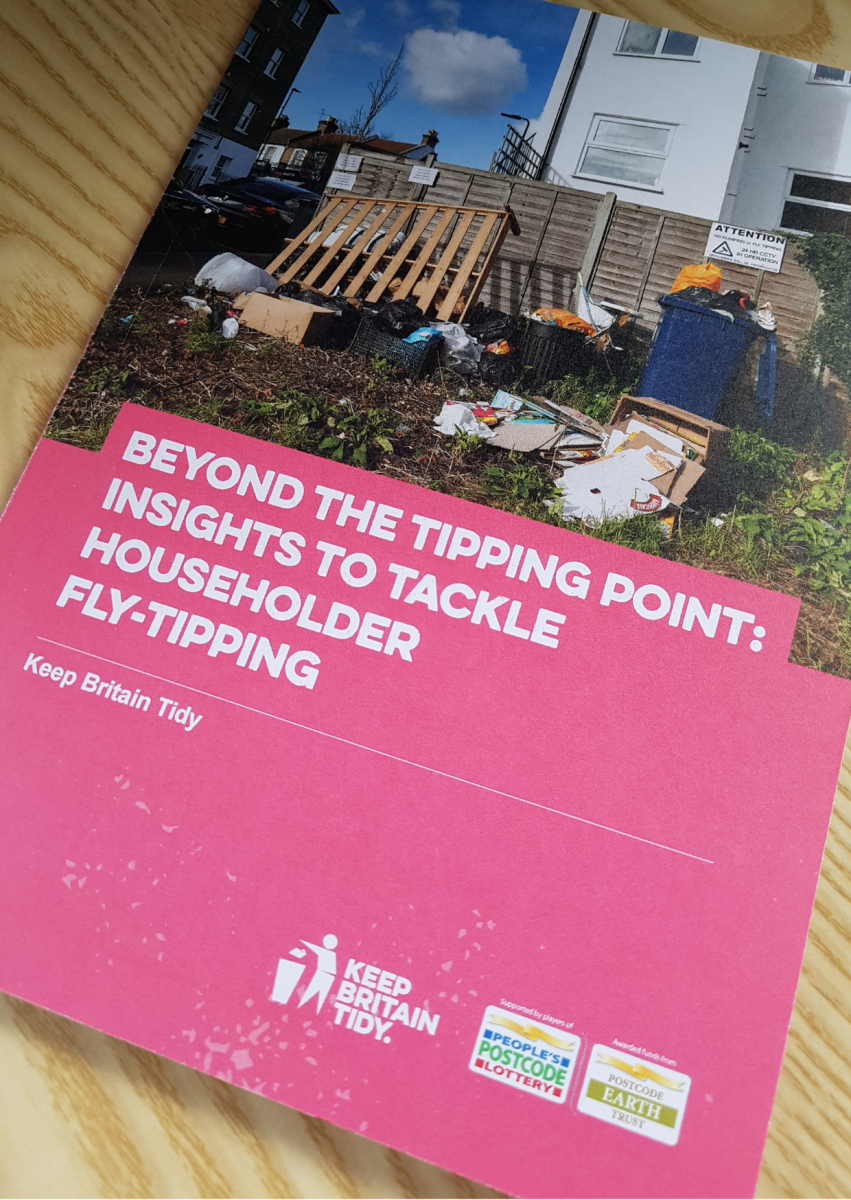Exploring Waste Management in HMOs with local authority partners
Exploring contextual and behavioural factors driving waste management behaviours in Houses of Multiple Occupation.
Overview & Objective
Houses of Multiple Occupations (HMOs) present specific waste management challenges. In addition to generating more waste than other property types, anecdotal evidence from local authorities suggests these properties produce low recycling rates, high levels of recycling contamination as well as incorrect presentation of waste and fly tipping.
This research aimed to better understand waste management issues in HMOs from the perspective of the tenants. Specifically focusing on the contextual and behavioural factors driving current waste management behaviour, it also explored tenants’ own ideas for improving waste management in HMOs.

Approach
Working with 6 Local authority council partners in London (Camden, Haringey, Harrow, Hounslow, Lambeth and Newham), the research used an online qualitative methodology in 3 stages.
First, 72 HMO tenants were asked to complete ethnographic diaries (including photos, videos and written accounts) to better understand the context of living in a HMO and how this impacts on waste management.
Secondly, 6 online focus groups and 32 telephone interviews were carried out with tenants, to further explore behavioural drivers of their current waste management.
Finally, three video co-design workshops were carried out with 18 HMO tenants (3 tenants per local authority area). The workshops guided participants through a process to help them develop ideas of behavioural interventions to improve waste management in HMOs.
Outcome
Context of living in a HMO – HMO tenants acted a multiple households under the same roof, with very different and separate routines, waste management attitudes and behaviours. Relationships and communication between tenant and landlord also varied considerably.
Sources of waste information – HMO tenants largely received no waste information from landlords when they moved in. They therefore “figured it out” when it came to what they should do with their waste.
Other behavioural drivers – Incorrect waste practices are difficult to change due to being passed between tenants. Bin refusal, however, has been an effective measure in changing behaviour.
Recommendations:
- Tenants expect landlords to communicate waste management practices – we encourage the council to work with landlords to communicate correct information. This information also needs to be disruptive and personalised from the council. Changes in infrastructure and services should also be considered to make recycling easier for tenants.





